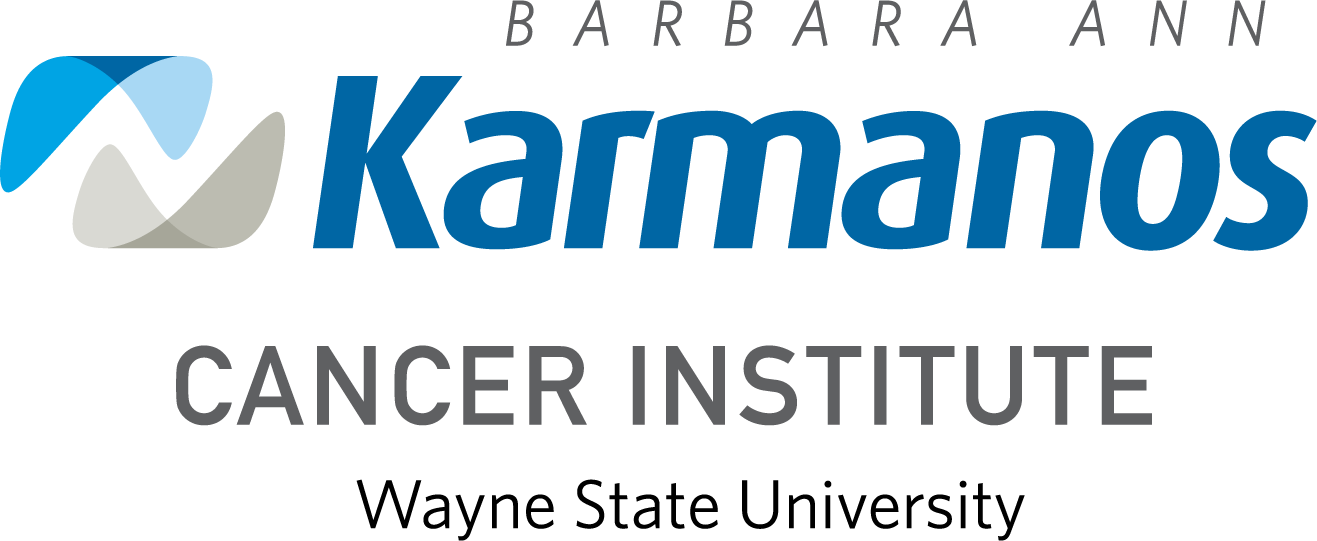
Dr Deol on Potential Avenues for CAR T-Cell Therapy Research in Multiple Myeloma

Abhinav Deol, MD, discusses ongoing and potential research avenues for improving the use of CAR T-cell therapy in multiple myeloma.
Abhinav Deol, MD, physician, Barbara Ann Karmanos Cancer Institute, clinical professor, Department of Oncology, Division of Hematology-Oncology, Wayne State University School of Medicine, discusses ongoing and potential research avenues for improving the use of CAR T-cell therapy in multiple myeloma.
A potential avenue for improving the treatment of patients with multiple myeloma is to shorten CAR T-cell infusion wait times, Deol begins. Many patients who qualify for CAR T-cell therapy, but they are unable to receive treatment due to a limited number of available manufacturing slots, he explains, resulting in an important unmet needs in this field. The approval of teclistamab-cqvy (Tecvayli) may allow some of these patients to access therapies that were not previously available, Deol emphasizes.
Another area of interest in myeloma is whether CAR T-cell therapy can be used to improve patient outcomes earlier in the disease course, Deol expands. Furthermore, there is a 6- to 8-week period between initial lymphocyte collection and when the CAR T-cell product becomes available for infusion. Despite this delay, current data suggest that many patients who have relapsed/refractory disease have no other effective treatment options. However, utilizing CAR T-cell therapy in earlier lines may promote deeper responses, longer remissions, or prolonged disease control , he explains.
Moreover, there are ongoing investigations of allogeneic CAR T cells, which are off-the-shelf and readily available for infusion as soon as the patient requires it , Deol continues. This option appears to be safe, is not associated with graft-vs-host disease, and has produced encouraging responses, he says. Through further investigation, investigators hope to develop strategies that mitigate lymphodepletion before patients receive allogenic CAR T cells, he concludes.




































